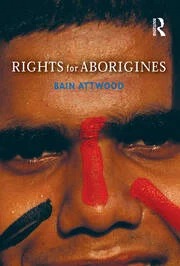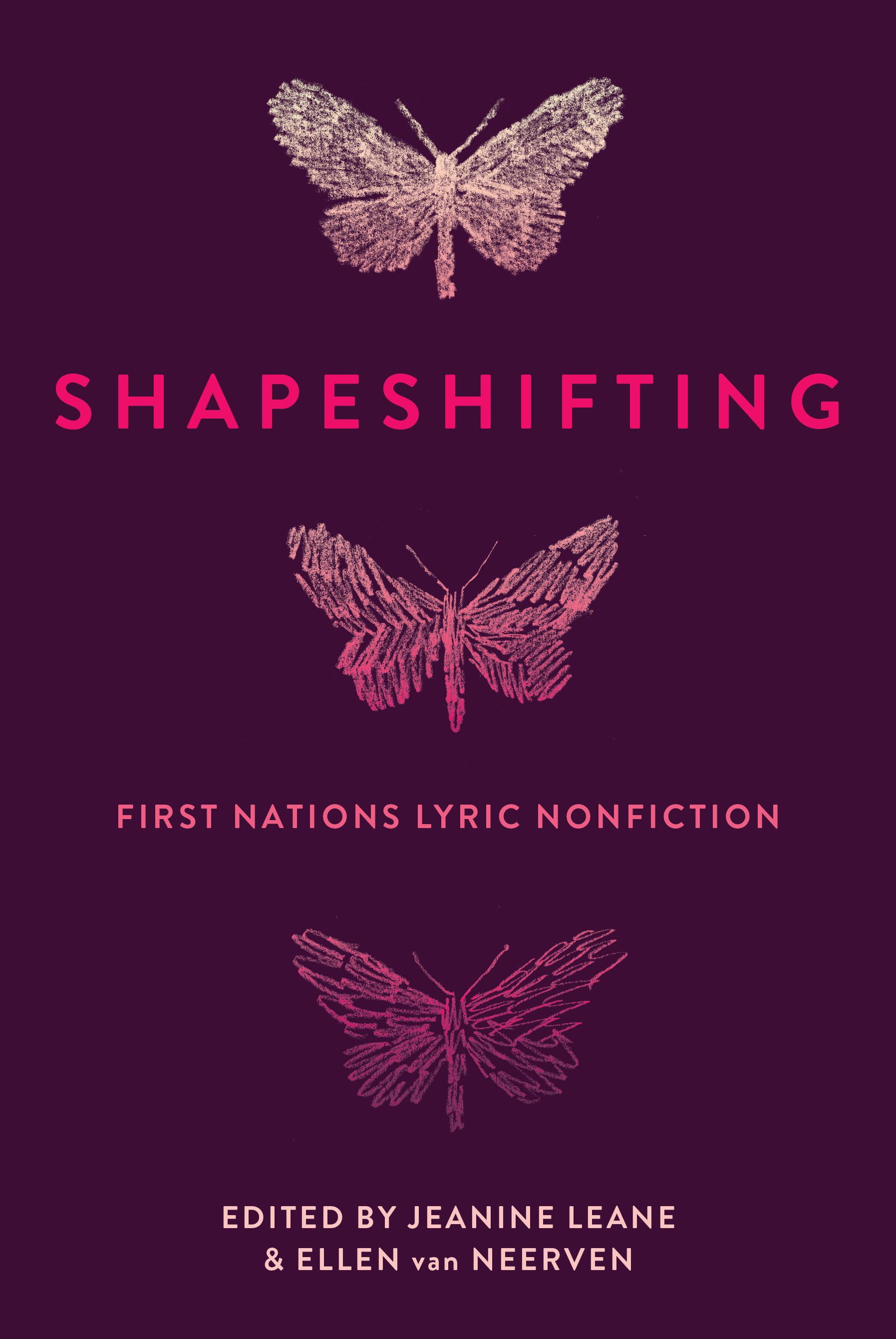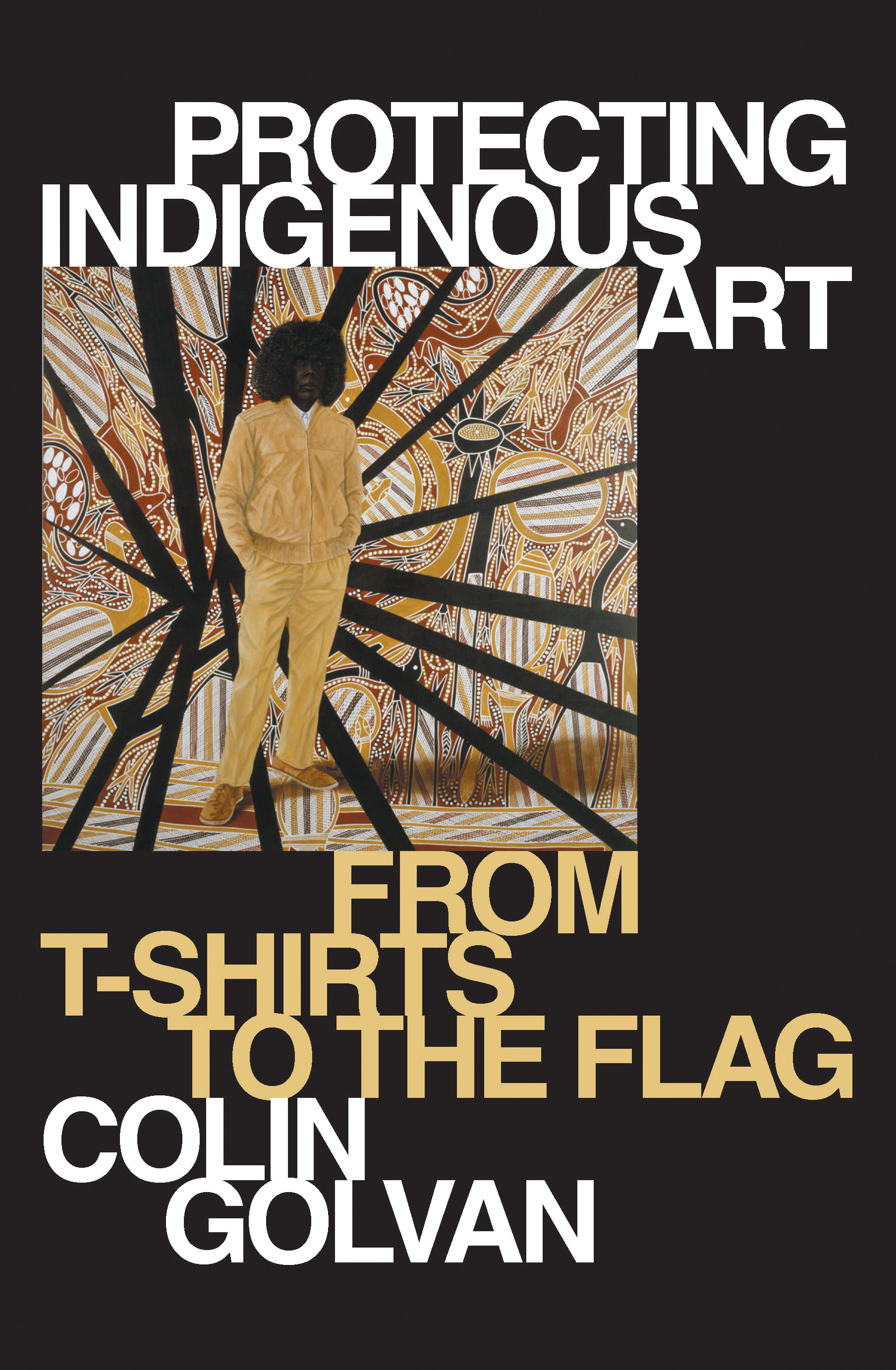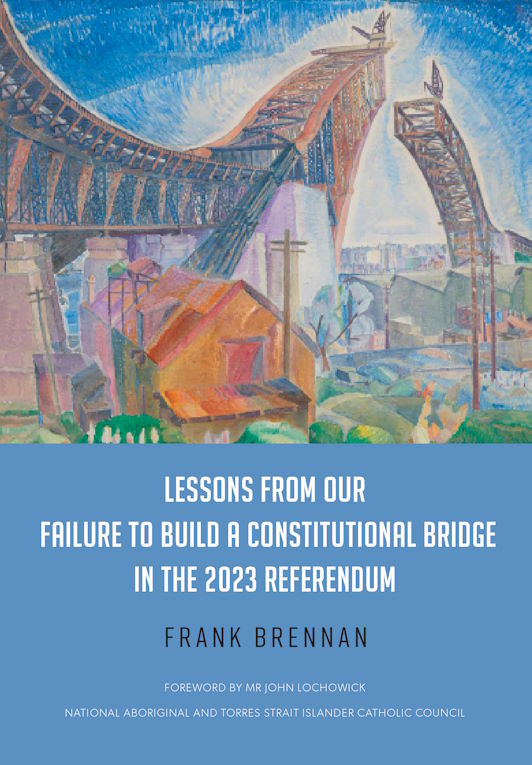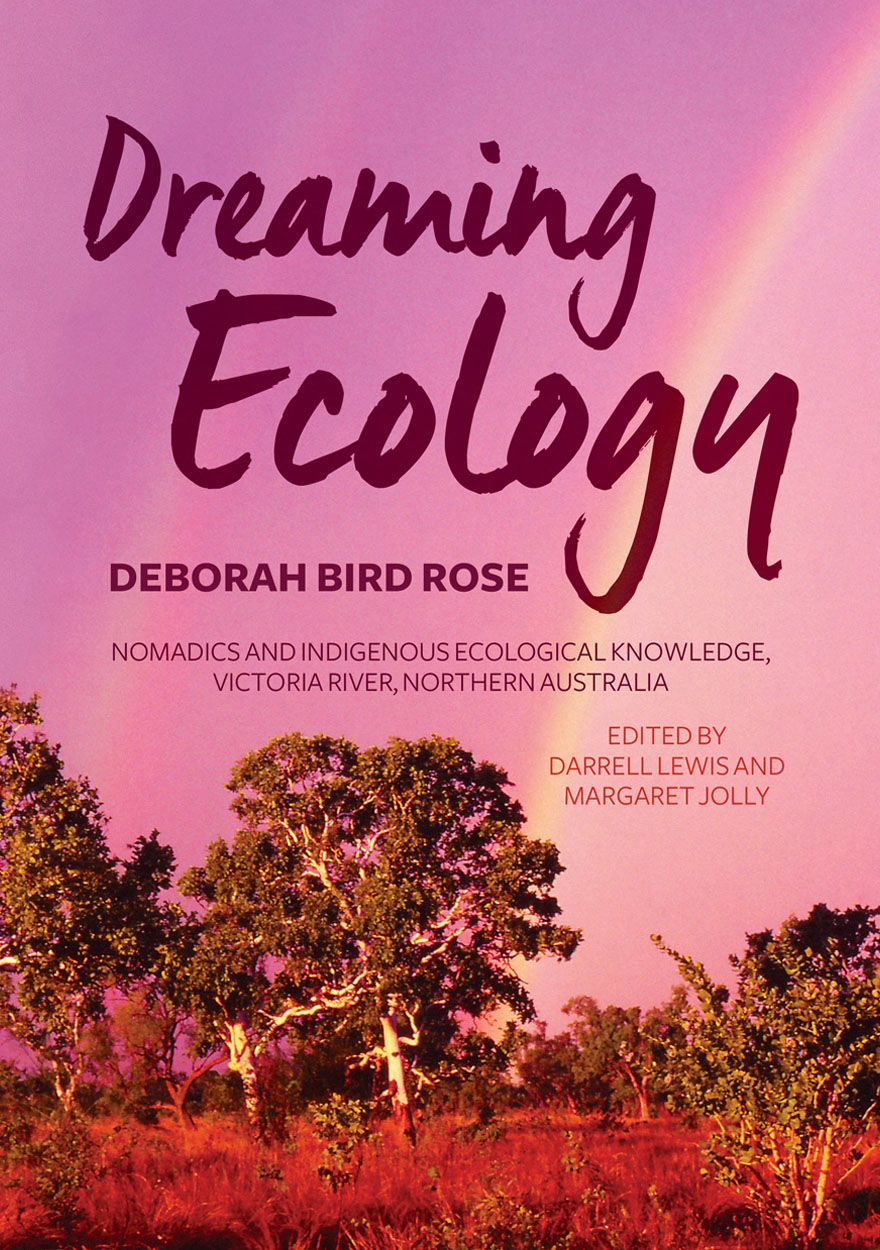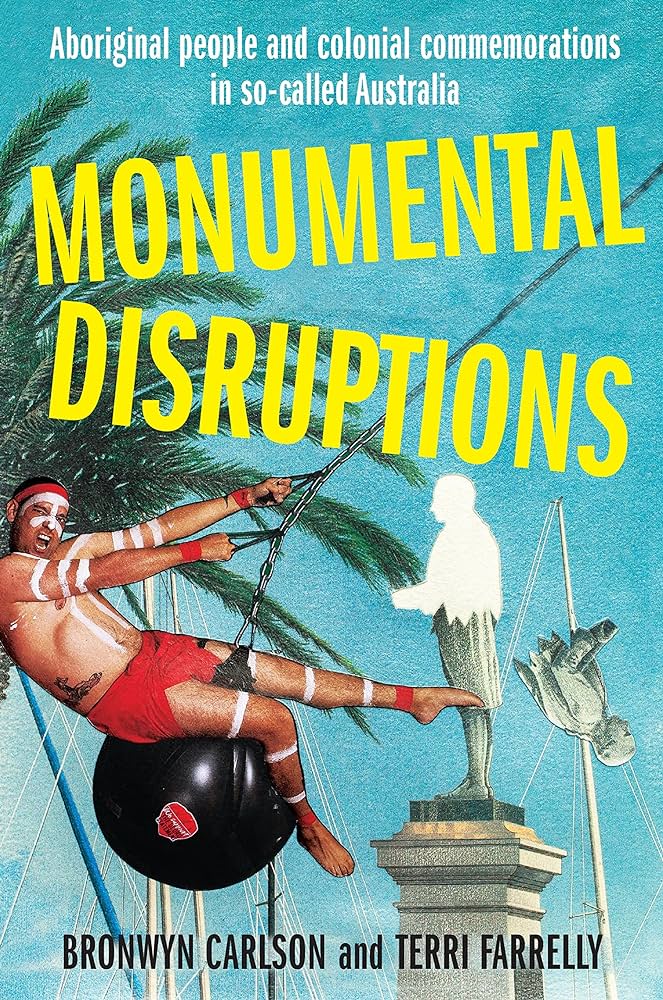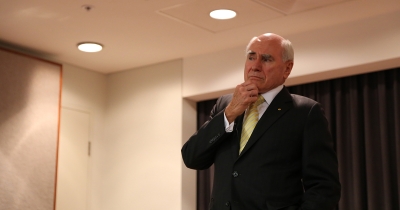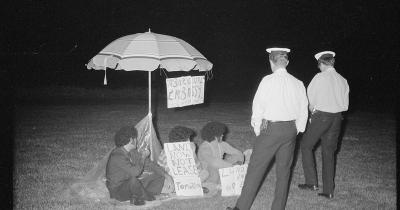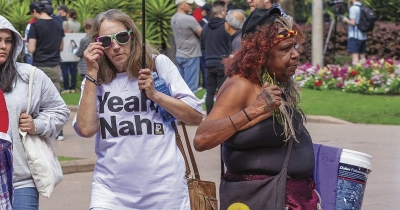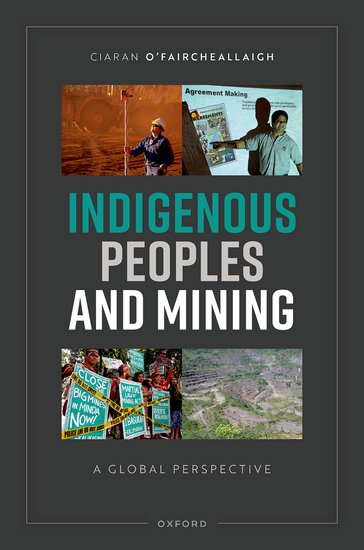Indigenous Studies
Shapeshifting: First Nations lyric nonfiction edited by Jeanine Leane and Ellen van Neerven
Protecting Indigenous Art: From T-shirts to the flag by Colin Golvan
Lessons from Our Failure to Build a Constitutional Bridge in the 2023 Referendum by Frank Brennan & The End of Settlement by Damien Freeman
Dreaming Ecology: Nomadics and Indigenous ecological knowledge, Victoria River, Northern Australia by Deborah Bird Rose
Monumental Disruptions: Aboriginal people and colonial commemorations in so-called Australia by Bronwyn Carlson and Terri Farrelly
Why did Australia vote against the Voice referendum?
... (read more)The defeat of the proposal in the recent Aboriginal constitutional referendum was unsurprising given the forces at work, which I discussed in ‘A Referendum in Trouble’ (ABR, July 2023). Most importantly, it lacked the support of the Liberal and National parties once their leaders decided to oppose it, largely for partisan purposes.
... (read more)Do you know whether Aboriginal and Torres Strait Islander peoples are recognised in your state Constitution? If you responded with a mental shrug and a muttered ‘No idea’, then you would fall within the vast majority. In fact, from 2004 to 2016, each Australian state amended its Constitution to insert recognition of their Indigenous peoples. Yet the effect has been negligible and hardly anyone knows it happened. Why?
... (read more)
